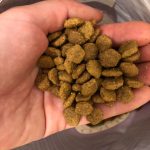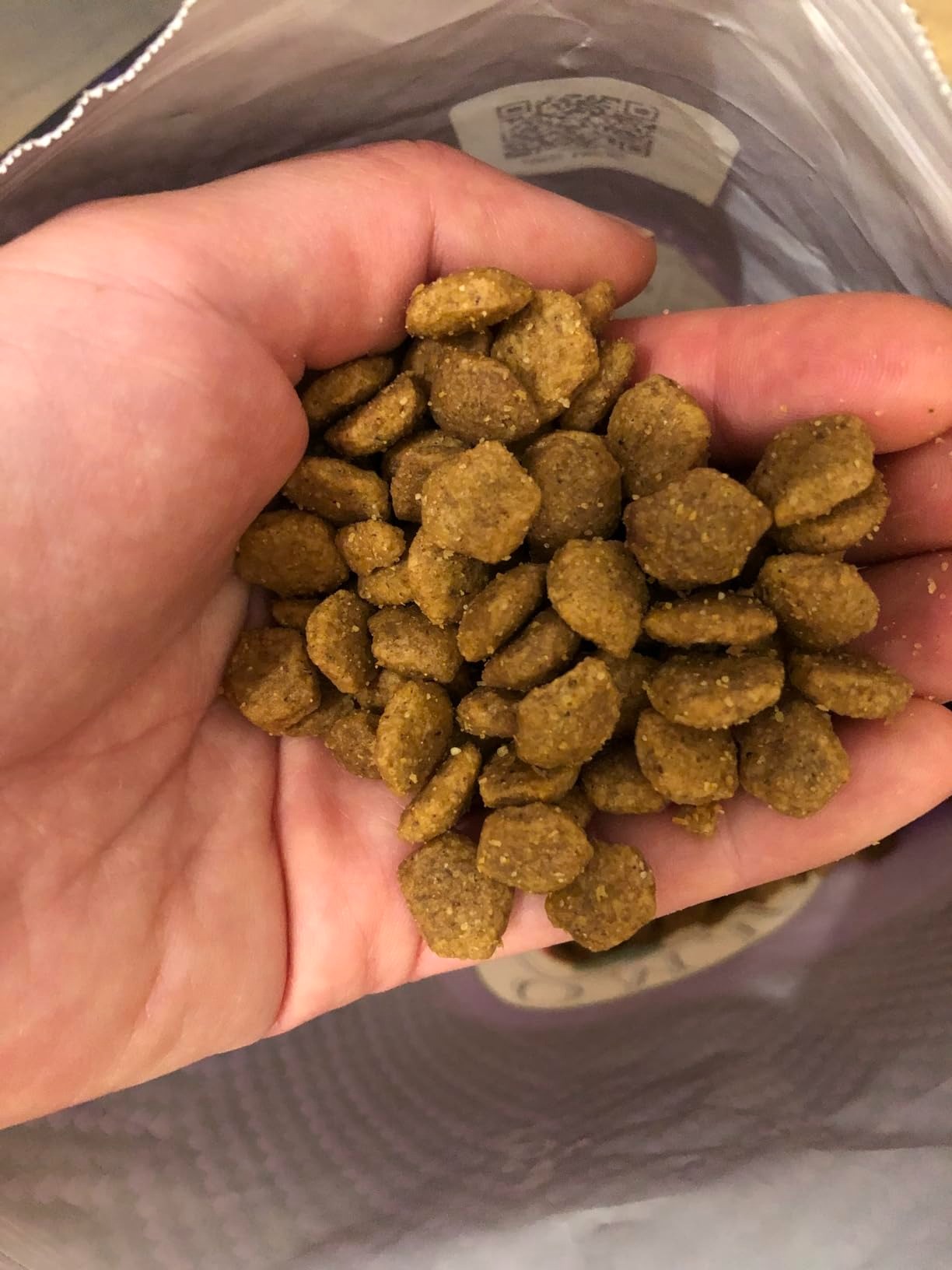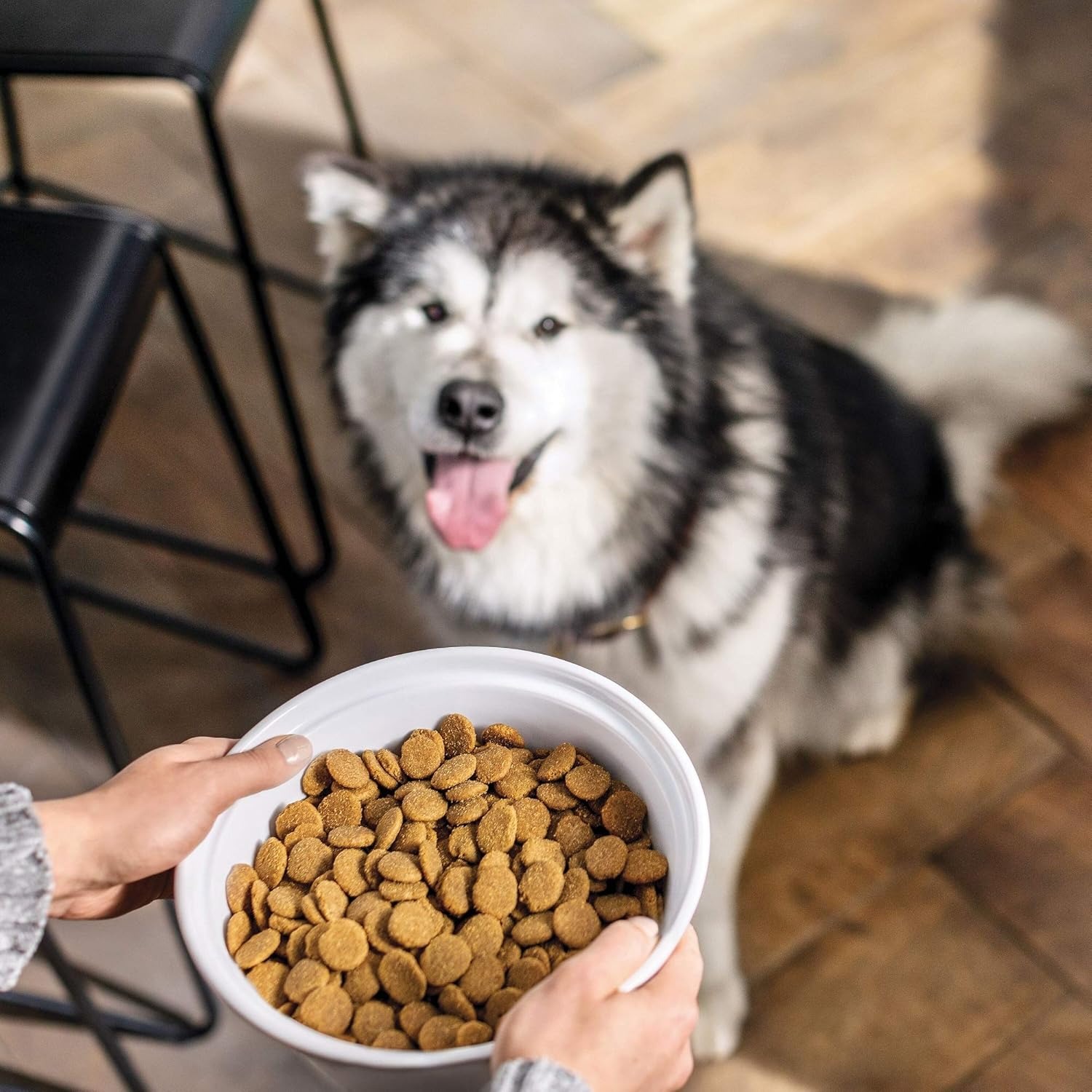Dog food for kidney disease plays a crucial role in managing this condition and improving your pet’s quality of life. When a dog develops kidney disease, their body struggles to filter waste and maintain proper fluid balance. As a result, dietary changes are often necessary to support kidney function and reduce the workload on the organs. In this article, we will explore what food is good for dogs with kidney disease, discuss how to care for a dog with kidney disease, and answer whether can a dog recover from kidney disease. We’ll also cover the importance of nutrition and how to choose the right dog food for kidney disease to ensure your furry friend stays healthy and comfortable.
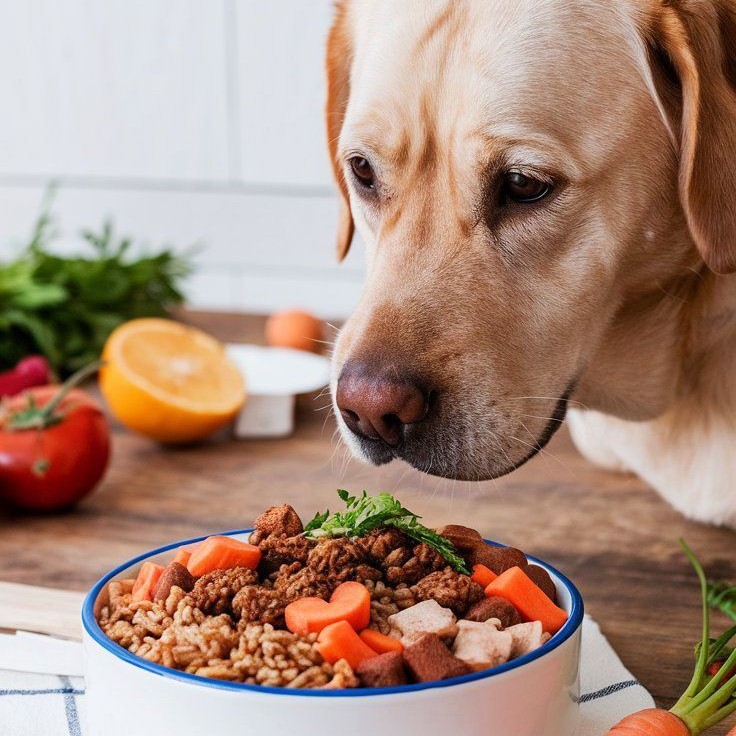
Understanding Kidney Disease in Dogs
Kidney disease in dogs occurs when the kidneys lose their ability to function properly. This can happen due to age, infection, toxins, or genetic factors. The kidneys play a vital role in filtering waste from the blood, regulating fluids, and maintaining electrolyte balance. When they don’t work as they should, it can lead to serious health issues.
There are two main types of kidney disease: acute and chronic. Acute kidney disease happens suddenly and may be reversible if caught early. Chronic kidney disease, on the other hand, develops over time and requires long-term management. Both types require careful attention to diet, as the right dog food for kidney disease can significantly impact your dog’s health and well-being.
It’s important to recognize the signs of kidney disease early. These may include increased thirst, frequent urination, weight loss, poor appetite, and lethargy. If you notice any of these symptoms, consult your veterinarian immediately.
In short, choosing the right dog food for kidney disease is essential for managing this condition and supporting your dog’s overall health.
What Food Is Good for Dogs with Kidney Disease?
When selecting dog food for kidney disease, it’s important to focus on high-quality ingredients that support kidney function and reduce strain on the organs. A proper diet should be low in protein, phosphorus, and sodium, while still providing essential nutrients.
One of the most important aspects of a kidney-friendly diet is protein content. While protein is necessary for muscle maintenance, too much can increase the workload on the kidneys. Therefore, dog food for kidney disease should contain moderate levels of high-quality, easily digestible protein sources like chicken or fish.
Phosphorus is another nutrient to monitor. High levels of phosphorus can worsen kidney damage, so dog food for kidney disease should be low in this mineral. Similarly, sodium should be limited to prevent high blood pressure and fluid retention.

In addition to these key nutrients, the food should also provide adequate hydration. Many dogs with kidney disease benefit from wet or moist foods, which help keep them hydrated and reduce the risk of dehydration.
Finally, look for dog food for kidney disease that includes ingredients like omega-3 fatty acids and antioxidants, which can support overall health and reduce inflammation.
So, what food is good for dogs with kidney disease? The answer lies in a balanced, low-protein, low-phosphorus, and low-sodium diet that supports kidney function and promotes long-term wellness.
How to Care for a Dog with Kidney Disease
Caring for a dog with kidney disease involves more than just choosing the right dog food for kidney disease. It also requires regular veterinary check-ups, monitoring symptoms, and making lifestyle adjustments to support your pet’s health.
First, how do you take care of a dog with kidney disease? Start by following your vet’s recommendations closely. They may suggest a special diet, medications, and regular blood tests to track your dog’s progress. Staying consistent with these guidelines is essential for managing the condition effectively.
Hydration is another key factor. Dogs with kidney disease need to drink plenty of water to help flush out toxins. If your dog isn’t drinking enough, consider offering wet food or adding water to dry kibble to encourage more fluid intake.
Monitoring your dog’s weight, appetite, and behavior is also important. Sudden changes in these areas can indicate worsening kidney function and may require a change in treatment or diet.
Additionally, keeping your dog comfortable and reducing stress can improve their quality of life. Provide a quiet, safe space for rest and avoid sudden changes in routine.
In summary, how do you take care of a dog with kidney disease? It requires a combination of proper nutrition, regular medical care, and attentive monitoring to ensure your dog remains as healthy as possible.
Can a Dog Recover from Kidney Disease?
The question can a dog recover from kidney disease is one that many pet owners ask. Unfortunately, recovery depends on the type and severity of the disease. In some cases, especially with early detection and prompt treatment, dogs can live long, happy lives with proper care. However, chronic kidney disease is often progressive, meaning it may not be fully reversible.

Acute kidney disease has a better chance of recovery, especially if the cause is treatable. For example, if the disease is caused by a toxin or infection, removing the cause and providing supportive care can lead to improvement. However, chronic kidney disease typically requires lifelong management rather than a complete cure.
Even if full recovery is not possible, dog food for kidney disease and other treatments can help slow the progression of the illness and improve your dog’s comfort. Your vet can guide you on the best approach based on your dog’s individual needs.
So, can a dog recover from kidney disease? It depends on the type and stage of the condition, but with the right care, many dogs can enjoy a good quality of life.
Choosing the Right Dog Food for Kidney Disease
Selecting the right dog food for kidney disease is one of the most important steps in managing this condition. Not all dog foods are suitable, so it’s essential to choose a product specifically formulated for dogs with kidney issues.
Look for foods that are labeled as “kidney support” or “renal diet.” These products are designed to meet the nutritional needs of dogs with kidney disease while minimizing the strain on their organs. They usually have lower levels of protein, phosphorus, and sodium compared to regular dog food.
Another consideration is the form of the food. Wet or canned dog food can help increase your dog’s water intake, which is crucial for kidney health. Some dogs may also benefit from homemade diets, but these should always be prepared under the guidance of a veterinarian to ensure they are balanced and safe.
In addition to the type of food, pay attention to the ingredient list. Avoid fillers, artificial additives, and high-sodium ingredients. Instead, look for real meat, vegetables, and healthy fats that support overall health.
By carefully selecting dog food for kidney disease, you can help your dog stay comfortable and maintain better kidney function for longer.
The Role of Nutrition in Managing Kidney Disease
Nutrition plays a central role in managing kidney disease in dogs. A well-balanced diet can help slow the progression of the disease, reduce symptoms, and improve your dog’s overall quality of life.
One of the main goals of a kidney-friendly diet is to reduce the amount of waste products that build up in the blood. This is why dog food for kidney disease is typically lower in protein, phosphorus, and sodium. These adjustments help ease the burden on the kidneys and prevent further damage.
Proper hydration is also critical. Dogs with kidney disease often become dehydrated, so feeding them wet food or adding water to dry kibble can help maintain fluid balance. Some dogs may even benefit from subcutaneous fluids administered by a vet.
In addition to diet, certain supplements may be recommended to support kidney function. These can include omega-3 fatty acids, B vitamins, and probiotics. Always consult your vet before adding any new supplements to your dog’s diet.
Ultimately, dog food for kidney disease is not just about avoiding harmful ingredients—it’s about providing the right balance of nutrients to support your dog’s health and well-being.
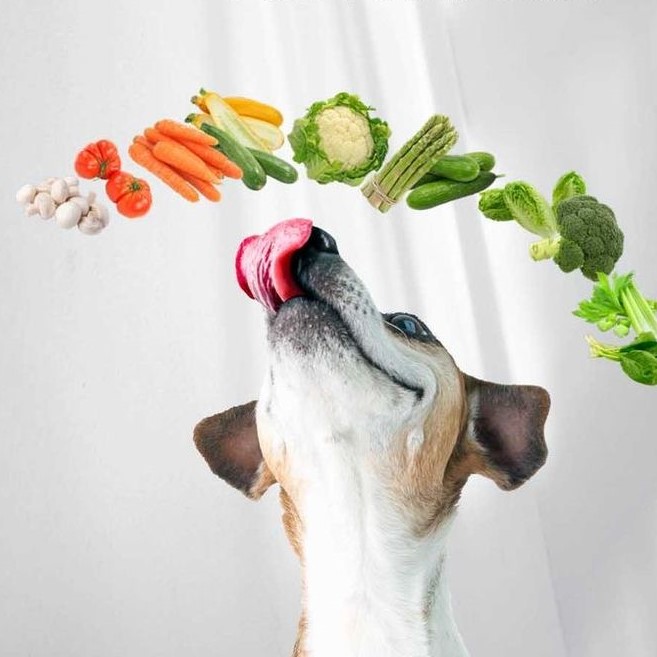
What Is the Life Expectancy of a Dog with Kidney Disease?
The life expectancy of a dog with kidney disease varies depending on the type and stage of the condition. Early detection and proper management can significantly extend a dog’s lifespan, while late diagnosis or lack of treatment may shorten it.
Dogs with acute kidney disease often have a better prognosis, especially if the underlying cause is treatable. With timely intervention, some dogs can make a full recovery and return to normal activity levels.
On the other hand, chronic kidney disease is a long-term condition that requires ongoing care. While it cannot be cured, many dogs can live for years with the right treatment and diet. The exact timeline depends on factors like the dog’s age, overall health, and how well they respond to treatment.
Regular check-ups, proper nutrition, and a loving home can all contribute to a longer, more comfortable life for your dog. So, what is the life expectancy of a dog with kidney disease? It varies, but with the right care, many dogs can live for months or even years after diagnosis.
Tips for Feeding a Dog with Kidney Disease
Feeding a dog with kidney disease requires a thoughtful and consistent approach. Here are some practical tips to help you choose and prepare meals that support your dog’s health:
- Choose a specialized diet: Opt for dog food for kidney disease that is low in protein, phosphorus, and sodium. These foods are designed to reduce the workload on the kidneys.
- Offer small, frequent meals: Smaller portions can be easier for your dog to digest and help manage appetite fluctuations.
- Encourage water intake: Hydration is essential for kidney health. Offer fresh water at all times and consider feeding wet food to increase fluid consumption.
- Monitor weight and appetite: Changes in weight or eating habits can signal worsening kidney function. Keep an eye on these signs and report them to your vet.
- Avoid harmful ingredients: Stay away from high-sodium treats, processed foods, and anything that could irritate the kidneys.
- Consult your vet regularly: Your vet can adjust the diet as needed and recommend supplements or medications to support your dog’s health.
By following these tips, you can help your dog stay comfortable and maintain a good quality of life, even with kidney disease.
Conclusion: Why Dog Food for Kidney Disease Matters
In conclusion, dog food for kidney disease is a vital part of managing this condition and improving your dog’s quality of life. By understanding what food is good for dogs with kidney disease, how to care for a dog with kidney disease, and whether a dog can recover from kidney disease, you can make informed decisions that benefit your pet’s health.
We’ve explored the importance of nutrition, the role of specific ingredients, and how to choose the right dog food for kidney disease. We’ve also discussed how to care for a dog with kidney disease and answered questions about life expectancy and recovery.
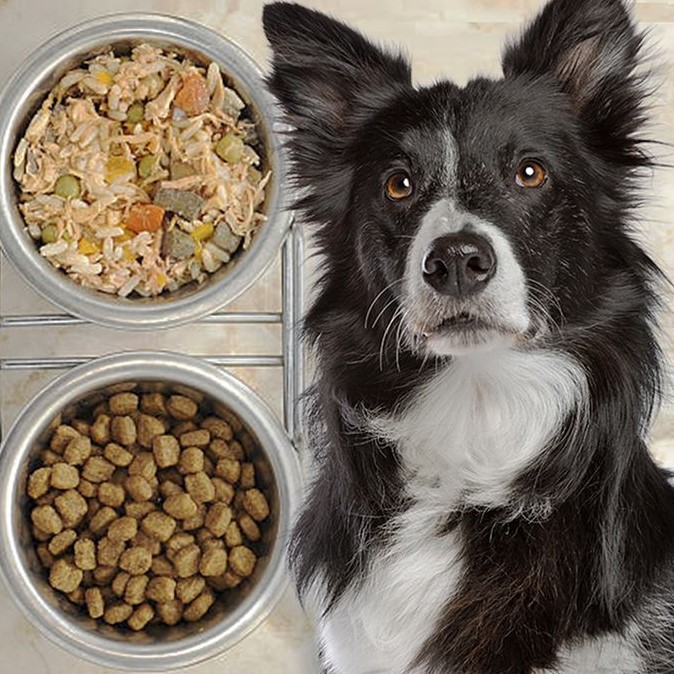
Whether your dog is newly diagnosed or living with the condition long-term, the right diet can make a big difference. With the right care and attention, many dogs with kidney disease can enjoy a long, happy life.
So, dog food for kidney disease is not just a choice—it’s a responsibility that can greatly impact your dog’s health and well-being.

